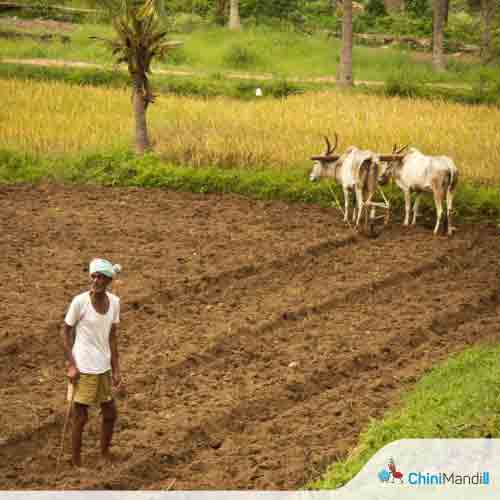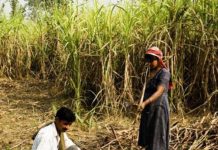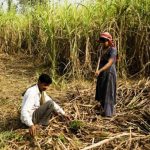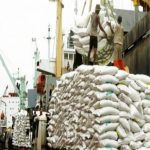The Government of India has approved the continuation of the integrated Pradhan Mantri Annadata Aay SanraksHan Abhiyan (PM-AASHA) Scheme for the 15th Finance Commission cycle, extending it up to 2025-26. The PM-AASHA scheme includes several components such as the Price Support Scheme (PSS), Price Deficiency Payment Scheme (PDPS), Market Intervention Scheme (MIS), and Price Stabilisation Funds (PSF). The Department of Agriculture & Farmers’ Welfare (DA&FW) oversees the PSS, PDPS, and MIS, while the Department of Consumer Affairs manages the PSF. This integrated approach aims to improve procurement operations, ensuring that farmers receive fair prices for their produce while stabilizing prices of essential commodities for consumers.
Under the Price Support Scheme, the Central Nodal Agencies (CNAs) facilitate the procurement of notified commodities such as pulses, oilseeds, and copra at Minimum Support Price (MSP) directly from registered farmers through state-level agencies, ensuring they meet the prescribed Fair Average Quality (FAQ) standards.
For the Kharif 2024-25 season, the government approved the procurement of Soyabean under the Price Support Scheme (PSS) in several states, including Chhattisgarh, Gujarat, Karnataka, Madhya Pradesh, Maharashtra, Rajasthan, and Telangana. As of February 9, 2025, 19.99 LMT of Soyabean has been procured, benefiting 846,251 farmers. Additionally, Agriculture Minister Shri Shivraj Singh Chouhan has approved an extension of the procurement period by 24 days in Maharashtra and 15 days in Telangana beyond the usual 90-day window to support farmers in these states.
Similarly, the government has authorized the procurement of Groundnut under PSS in Andhra Pradesh, Chhattisgarh, Gujarat, Haryana, Karnataka, Rajasthan, and Uttar Pradesh for the Kharif 2024-25 season. By February 9, 2025, 15.73 LMT of Groundnut had been procured, benefiting 475,183 farmers. Minister Chouhan has also approved an extension of the procurement period in Gujarat by 6 days and in Karnataka by 25 days to accommodate farmers’ needs.
To promote domestic pulse production and reduce dependence on imports, the government has also allowed the procurement of Tur, Urad, and Masur under PSS for 100% of the state’s production for the 2024-25 procurement year. In addition, the 2025 Budget announcement includes continued procurement of Tur, Urad, and Masur up to 100% of state production for the next four years, aiming to achieve self-sufficiency in pulses across the country.
(Source: PIB)












